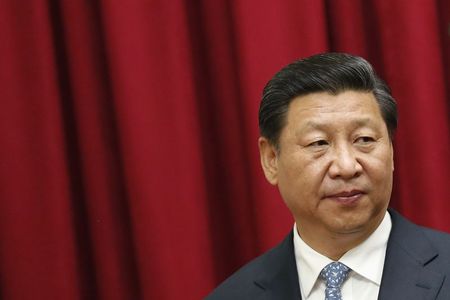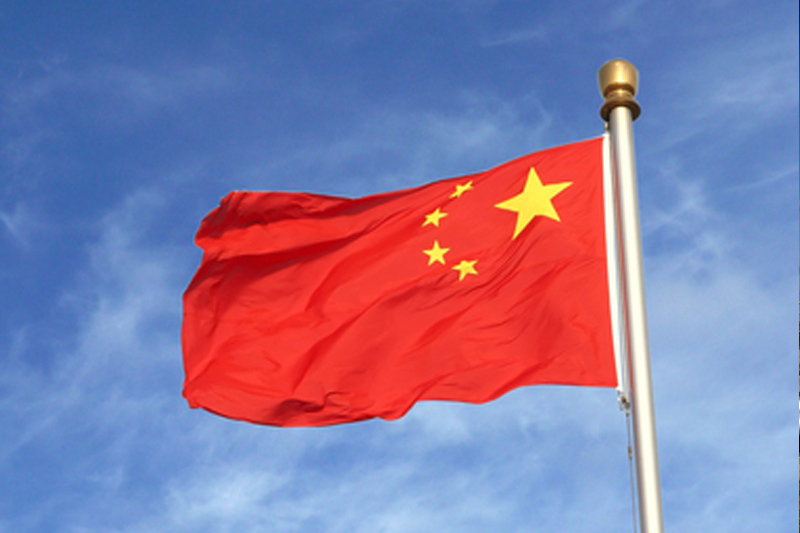By Sui-Lee Wee
BEIJING (Reuters) - More than 150 economic fugitives, many of whom are corrupt officials or suspected of graft in China, are at large in the United States, Chinese state media said on Monday, citing a senior official from the public security ministry.
The United States "has become the top destination for Chinese fugitives fleeing the law," the China Daily newspaper said, citing Liao Jinrong, director general of the ministry's International Cooperation Bureau.
Chinese President Xi Jinping has made fighting pervasive graft a central theme and has warned, like others before him, that corruption threatens the Communist Party's survival.
Beijing has long grappled with the issue of so-called "naked officials" - government workers whose husbands, wives or children are all overseas - who use foreign family connections to illegally shift assets out of China or to avoid investigation. Some estimates put the number of Chinese officials and family members moving assets offshore at more than 1 million in the past five years.
But bringing these fugitives back to China isn't easy. There is no extradition treaty between China and the United States, and foreign governments have expressed reluctance to hand over Chinese suspects as they could face the death penalty in China.
"We face practical difficulties in getting fugitives who fled to the United States back to face trial due to the lack of an extradition treaty and the complex and lengthy procedures," the China Daily cited Liao as saying.
"FOX HUNT"
China's Public Security Ministry is trying to set up an annual high-level meeting with U.S. judicial authorities, including the Department of Homeland Security, the China Daily said, citing Wang Gang, a senior official at the International Cooperation Bureau.
Last month, China launched what it called a "fox hunt" for corrupt officials, saying it will track down fugitives around the world and punish them.
"This is a new message that the current administration is sending to the public," said Zhu Jiangnan, an assistant politics professor at the University of Hong Kong, who specialises in corruption in China. "In past years, the government didn't say very explicitly they will get corrupt officials back to China."
A case highlighting the problems of extradition is Lai Changxing, once China's most-wanted fugitive, who fled to Canada with his family in 1999 and claimed refugee status saying allegations that he ran a multibillion-dollar smuggling operation in the southeastern Chinese city of Xiamen were politically motivated. His case triggered tensions between Beijing and Ottawa. Canada eventually deported Lai in 2011, and he was jailed for life the following year.
Only two people have been brought home from the United States to China to stand trial in the past decade, the China Daily said, citing ministry figures. It's difficult for China to apprehend fugitives because U.S. judicial authorities "misunderstand the Chinese judicial system and procedures,, the newspaper said, citing experts. "They always think Chinese judicial organs violate suspects' human rights," it quoted Wang as saying.
Globally, 320 suspects in corruption cases were "seized and brought back to China" in the first half of this year, state news agency Xinhua said in July.
In March, China's top prosecutor, Cao Jianming, said more than 10 billion yuan ($1.65 billion)(983.25 million British pound) in "dirty money" and property was recovered and 762 corruption suspects were captured at home or abroad last year.

Since the mid-1990s, an estimated 16,000-18,000 party officials, businessmen and other individuals have "disappeared" from China, according to a People's Bank of China report prepared in 2008 - taking with them an estimated 800 billion yuan.
(Additional reporting by Matthew Miller; Editing by Michael Perry and Ian Geoghegan)
